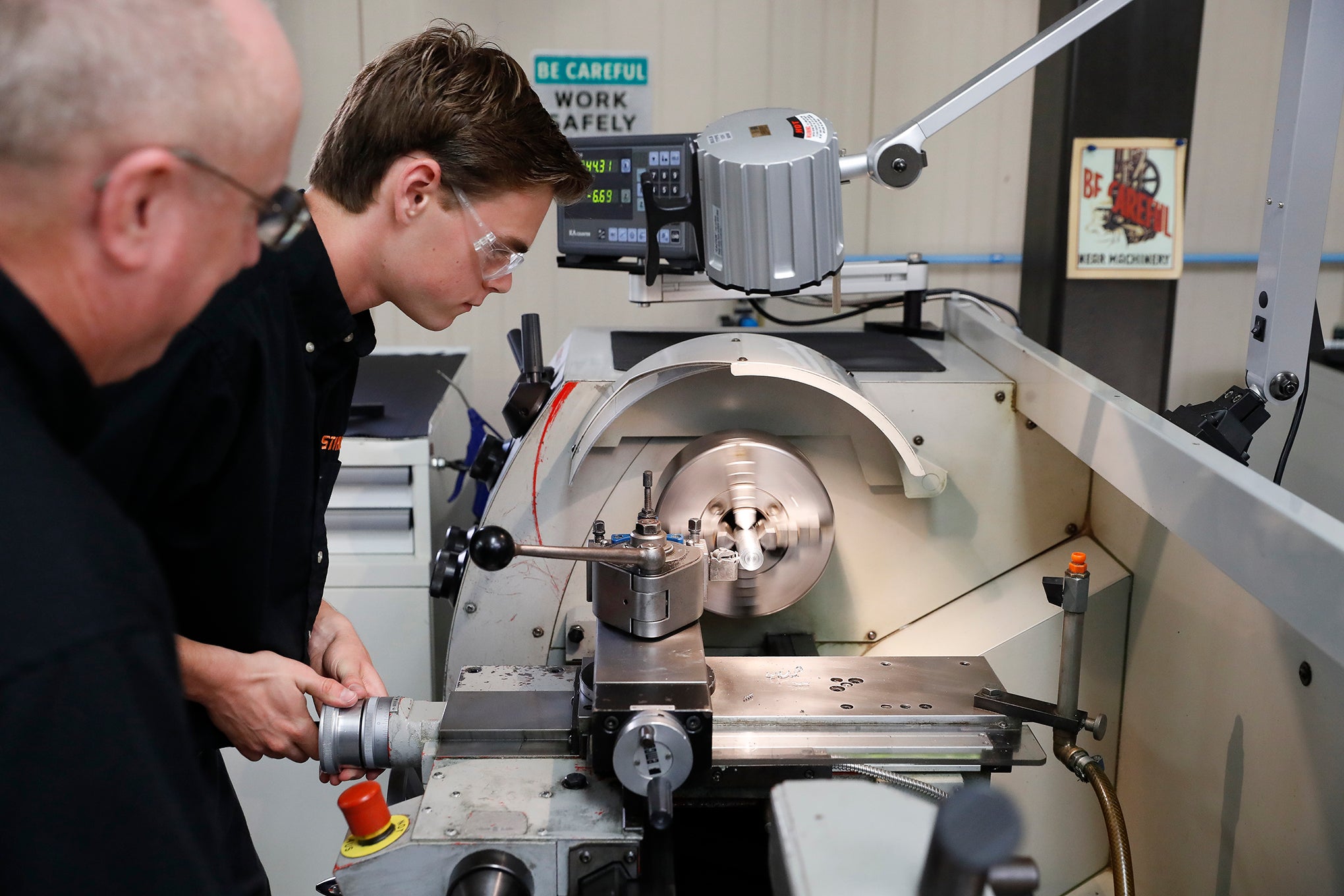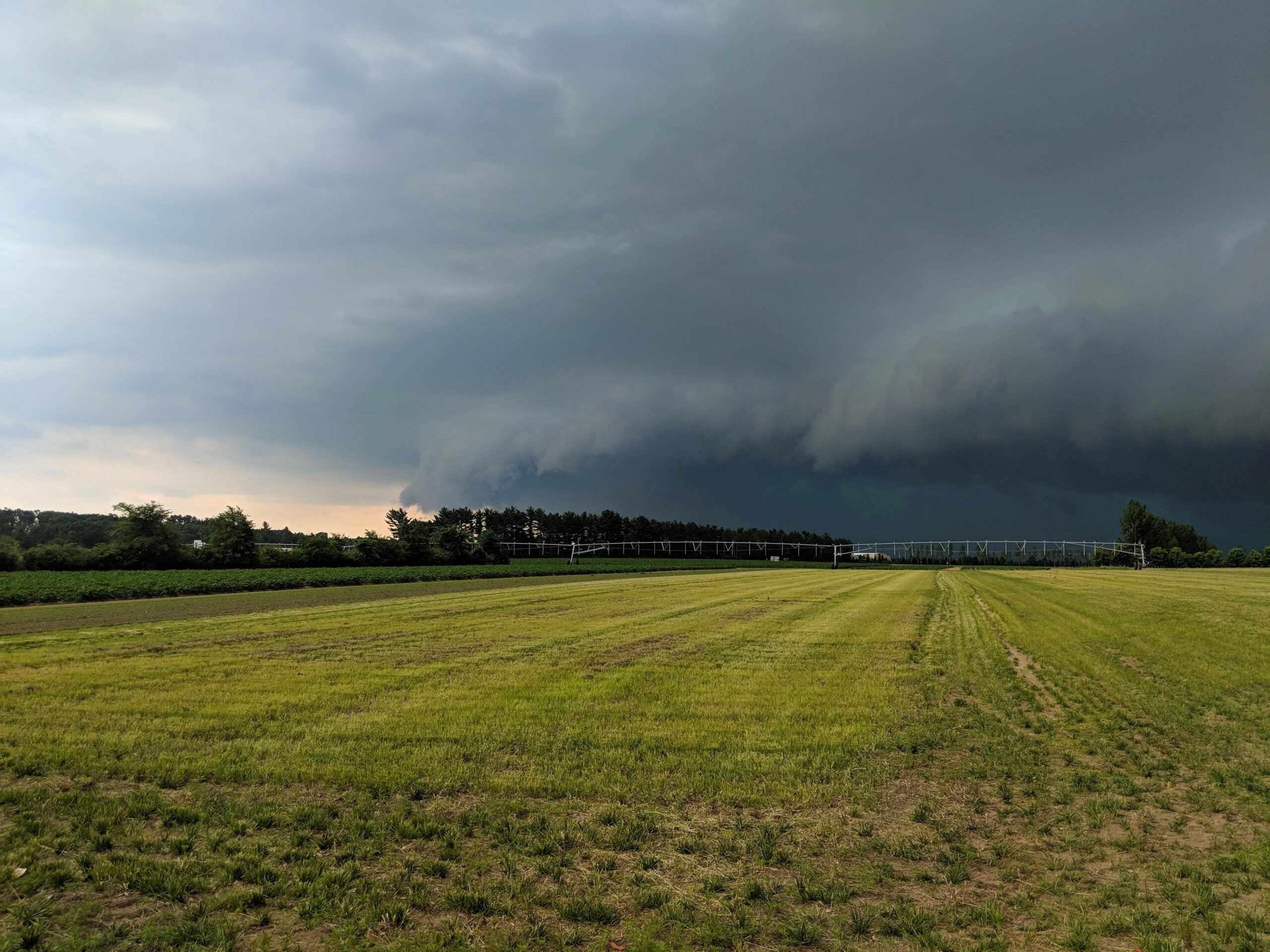New technology continues to change the way we approach our daily work. Larry Meiller’s guest explains how to remain adaptable and effective in an ever-changing work environment.
Featured in this Show
-
New Technologies Pose Challenge For Some Workers, Says Author
Emerging and evolving digital technologies have revolutionized workplaces, but one career advice expert warns that some workers aren’t prepared to adapt to the changing landscape, particularly older ones.
“You’re living longer,” said Tracey Wilen. “That means your work life will increase dramatically from what your parents might have had at 20 to 25 years now to 50 or 60 years.”
Wilen, author of “Employed For Life: 21st Century Career Trends,” said the current workforce is such that there may be four to five generations represented at once.
“I just heard of a gentleman who’s still working at Wal-Mart at 102, and McDonald’s tells me that they have employees coming in on work permits part-time at 14,” Wilen said.
The result is a work environment where individuals differ in the ways that they interact with technology and in their level of skill in doing so.
Wilen said it’s important for workers to take steps toward learning about new technology in order to remain “career relevant” in the changing job market.
“If the company offers training … or they might offer funding for people to get training, I would take it,” Wilen advised. “These can be either in colleges or through programs that the company’s organized.”
A complement to formal training, Wilen said, is reverse-mentoring, a program where executives team up with younger people for technology training. In return, the younger employee gets mentorship training from the more seasoned professional.
Wilen said that if such mentoring is implemented correctly and effectively, older workers can remain “career relevant” while making their work more rewarding in the process.
Episode Credits
- Larry Meiller Host
- Cynthia Schuster Producer
- Tracey Wilen Guest
Wisconsin Public Radio, © Copyright 2025, Board of Regents of the University of Wisconsin System and Wisconsin Educational Communications Board.





